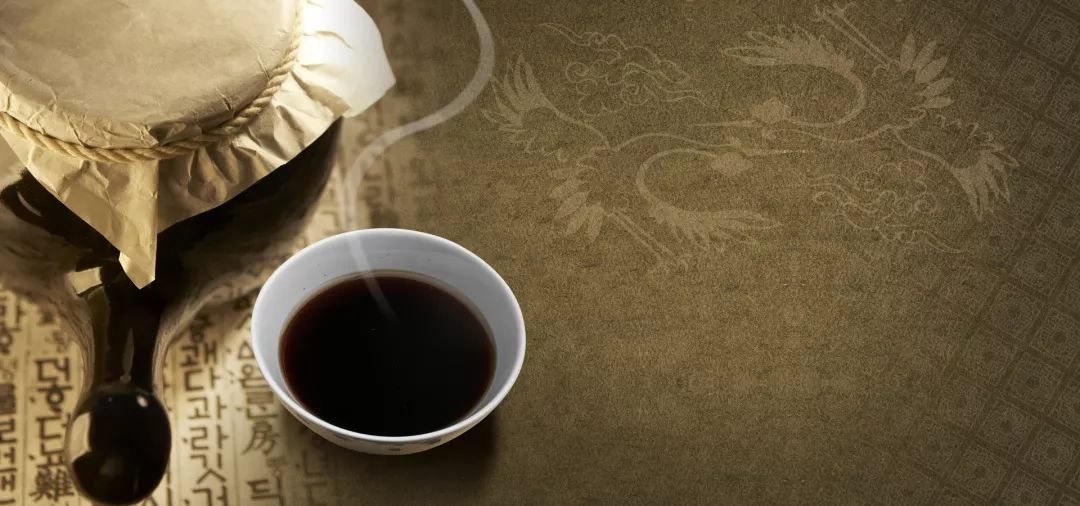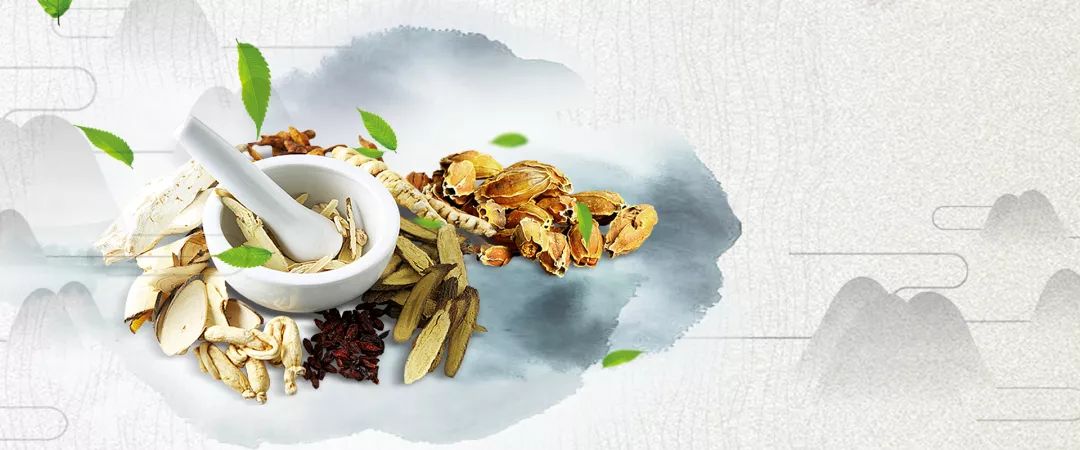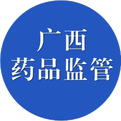What Are the Principles of Proper Use of Traditional Chinese Medicine Decoctions?
When taking Traditional Chinese Medicine (TCM) decoctions, it is essential to follow the guidance of a physician or pharmacist based on the condition, mastering the temperature, method, dosage, timing, and precautions for safe, effective, and economical medication.
What Are the Considerations for the Temperature of Taking TCM Decoctions?

According to the condition, TCM decoctions can be classified as warm, cold, or hot.
(1) Warm: Generally, decoctions should be taken warm. Especially for herbs that may irritate the gastrointestinal tract, such as Guo Lou Ren (Trichosanthes Fruit) and Ru Xiang (Frankincense), taking them warm can harmonize the stomach and benefit the spleen, reducing irritation to achieve therapeutic effects.
(2) Cold: This refers to taking the decoction after it has cooled down. Generally, cold decoctions are suitable for heat syndromes. Detoxifying herbs, antiemetic herbs, and heat-clearing herbs should be taken cold.
(3) Hot: This means taking the decoction while it is still hot. Hot decoctions are suitable for cold syndromes. For example, when experiencing wind-cold invasion, it is essential to take the decoction hot and cover oneself with clothing or consume hot porridge afterward to promote sweating, thereby enhancing the medicinal effect.
What Are the Considerations for the Dosage of TCM Decoctions?

Depending on the condition, there are instances of divided doses (taking in multiple times) and single doses (taking all at once), as well as special circumstances.
(1) Divided doses: Suitable for chronic diseases or patients with mild conditions that can be treated gradually. One dose of decoction can be divided into 2 to 3 times, with each dose being 100 to 200 ml. For patients with vomiting, start with a small amount and gradually increase, taking in multiple doses. For children, the decoction should be concentrated to reduce the amount taken. It is better to take smaller amounts multiple times rather than rushing to drink it all at once to avoid choking.
(2) Single doses: Suitable for acute diseases or patients with severe conditions requiring urgent treatment. One dose of decoction can be taken all at once. This allows for a strong and rapid effect, fully utilizing the medicinal properties.
(3) Critically ill patients should take smaller amounts multiple times; patients with vomiting can take a concentrated decoction in small amounts frequently. When using strong purgatives, diaphoretics, or heat-clearing herbs, individual differences should be noted. Generally, if sweating, purging, or heat reduction is observed, the medication should be stopped to avoid excessive sweating, purging, or heat-clearing, which could harm the body’s vital energy.
When using potent or toxic herbs, start with a small dose and gradually increase it, stopping once the desired effect is achieved. Do not exceed the dosage to avoid toxic reactions or harm to the body’s vital energy.
What Are the Considerations for the Method and Timing of Taking TCM Decoctions?

Generally, decoctions are taken once a day, combining the liquid from 2 or 3 decoctions, divided into 2 to 3 warm doses. However, for acute and severe cases, they can be taken all at once (single dose) to concentrate the medicinal effect, or taken multiple times a day, or brewed as tea for multiple doses to maintain the medicinal effect, even taking 2 doses in one day to enhance efficacy.
For those experiencing nausea or vomiting after taking the decoction, a small amount of ginger juice can be added to the liquid, or fresh ginger can be rubbed on the tongue, or a small amount of Chen Pi (Dried Tangerine Peel) can be chewed before taking the decoction, or using the cold method with small amounts taken frequently. For comatose patients or those with swallowing difficulties, medication can be administered via nasogastric tube.
Decoctions are generally taken once a day, divided into two doses in the morning and evening, with the frequency adjusted according to the condition. Whether to take before or after meals mainly depends on the affected area and nature of the disease.
Generally, for diseases above the diaphragm (heart, lungs), such as dizziness, headaches, eye diseases, and throat pain, they should be taken after meals; for diseases below the diaphragm (stomach, liver, kidneys), they should be taken before meals; certain herbs that irritate the gastrointestinal tract should be taken after meals; tonifying herbs should be taken on an empty stomach; malaria medications should be taken about two hours before an attack; sedative and hypnotic medications should be taken before sleep; for acute diseases, vomiting, convulsions, and throat diseases requiring decoction as tea, they can be taken at any time. Special formulas should follow medical advice.
Precautions When Taking TCM Decoctions
(1) When taking TCM decoctions, avoid smoking and alcohol, and refrain from spicy, hot, oily, and greasy foods.
(2) Patients with skin diseases and sores should avoid fish, shrimp, and other pungent and irritating foods.
(3) If used in conjunction with Western medicine, the timing of taking should be staggered.
(4) Children, pregnant women, or the elderly should follow medical advice.
(5) Prepared TCM decoctions should be stored in a refrigerator at 2 to 8°C.
Source: Family Safety Medication Handbook

